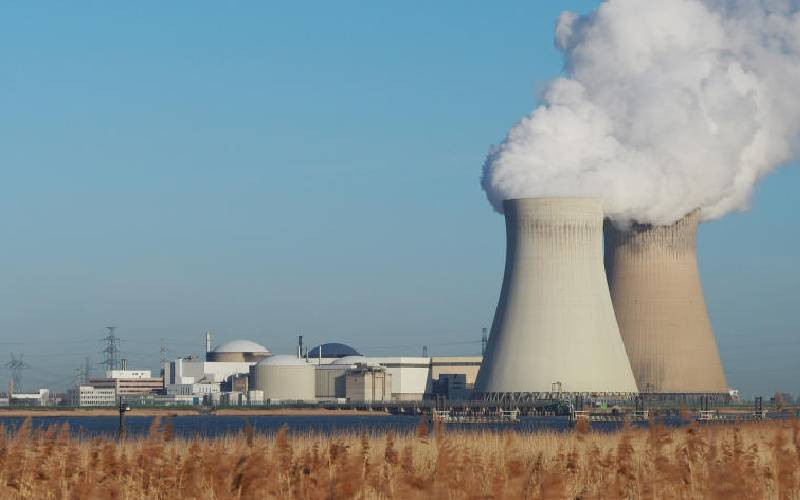×
The Standard e-Paper
Home To Bold Columnists

Kenya is set to sign a nuclear cooperation agreement with the United States (US) in a new initiative that seeks to improve energy security cooperation between Nairobi and Washington.
The Memorandum of Understanding (MoU) concerning Strategic Civil Nuclear Cooperation focuses on nuclear energy security and its civilian uses, the White House says in a brief seen by The Standard.